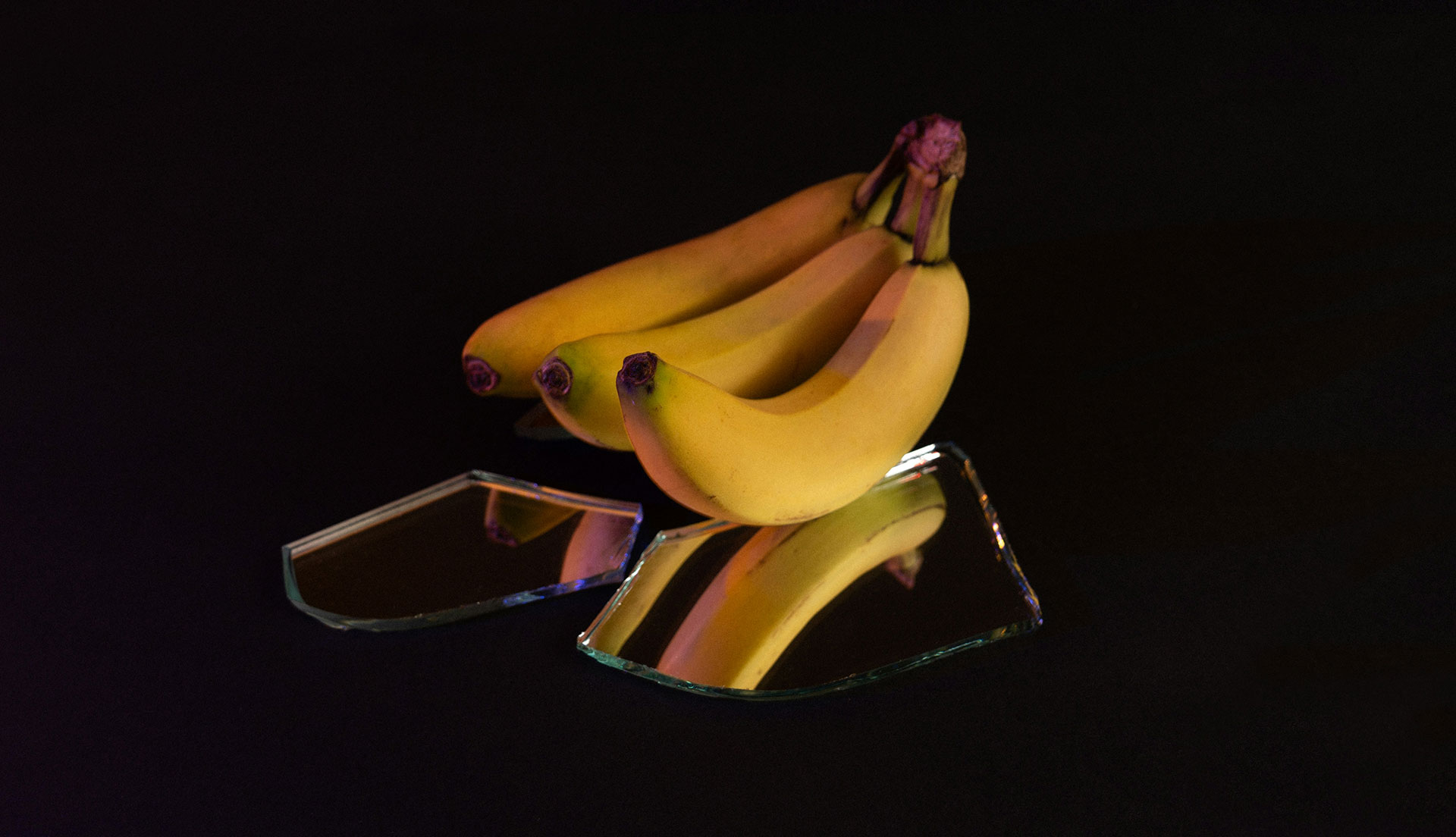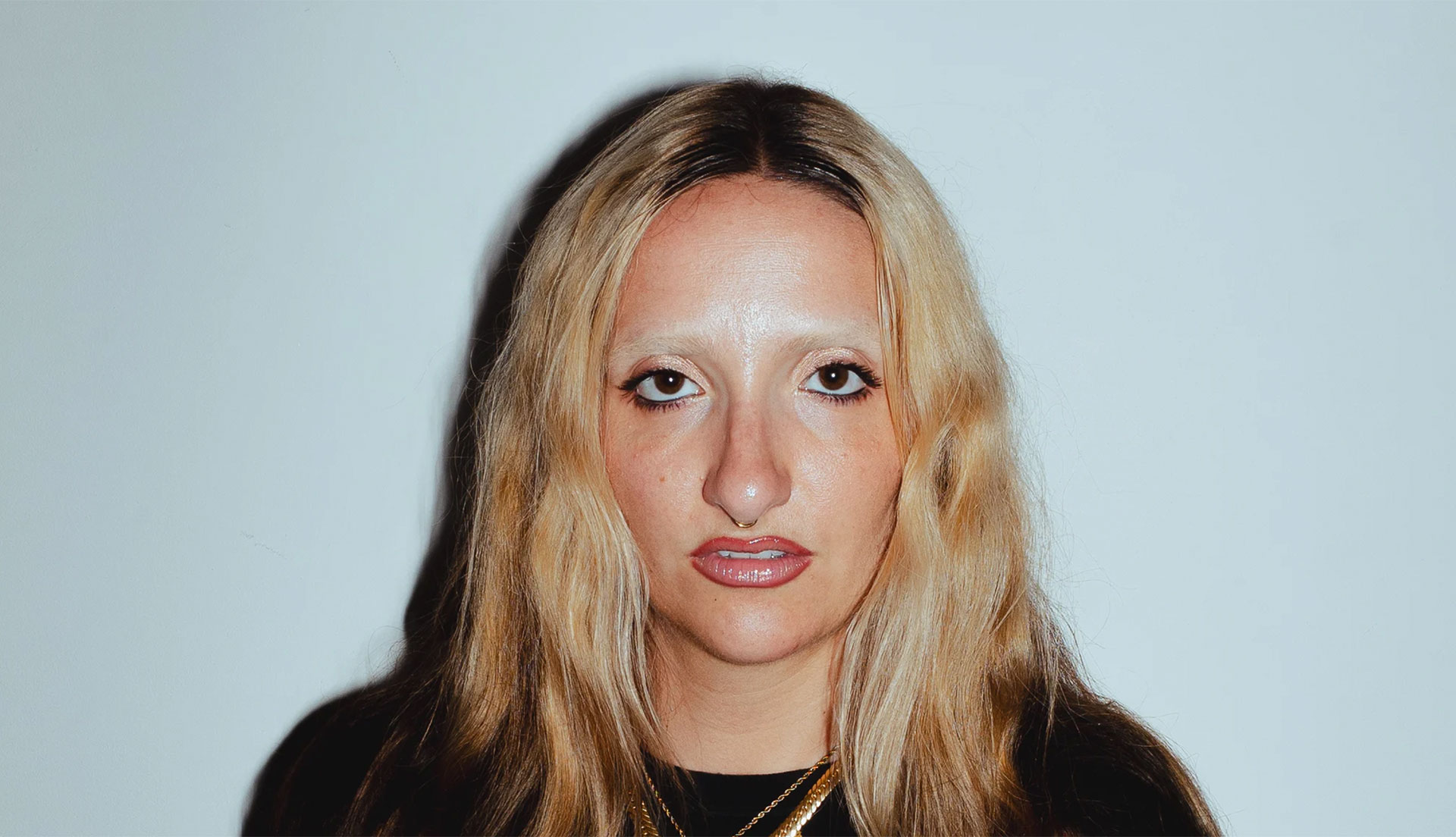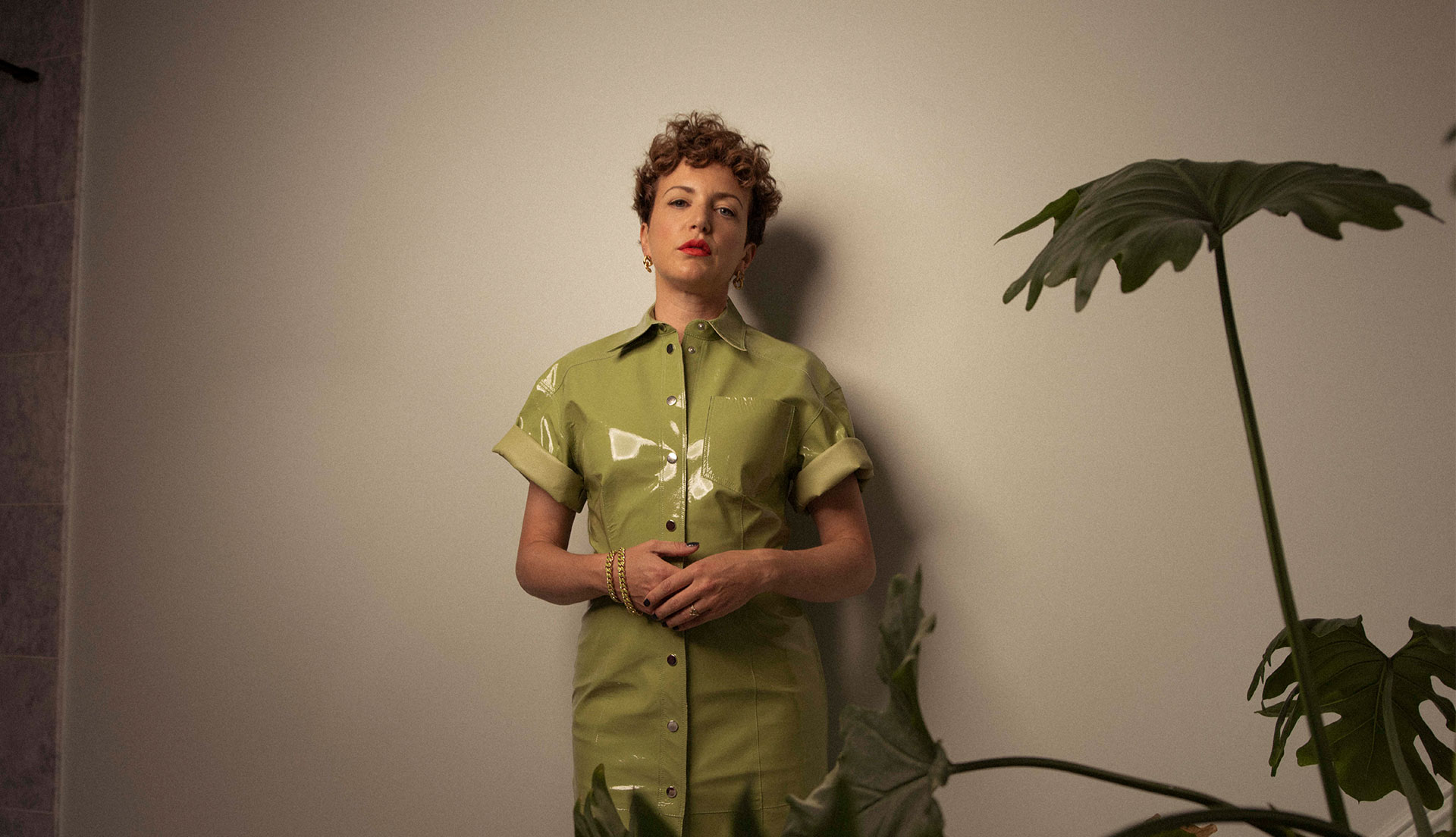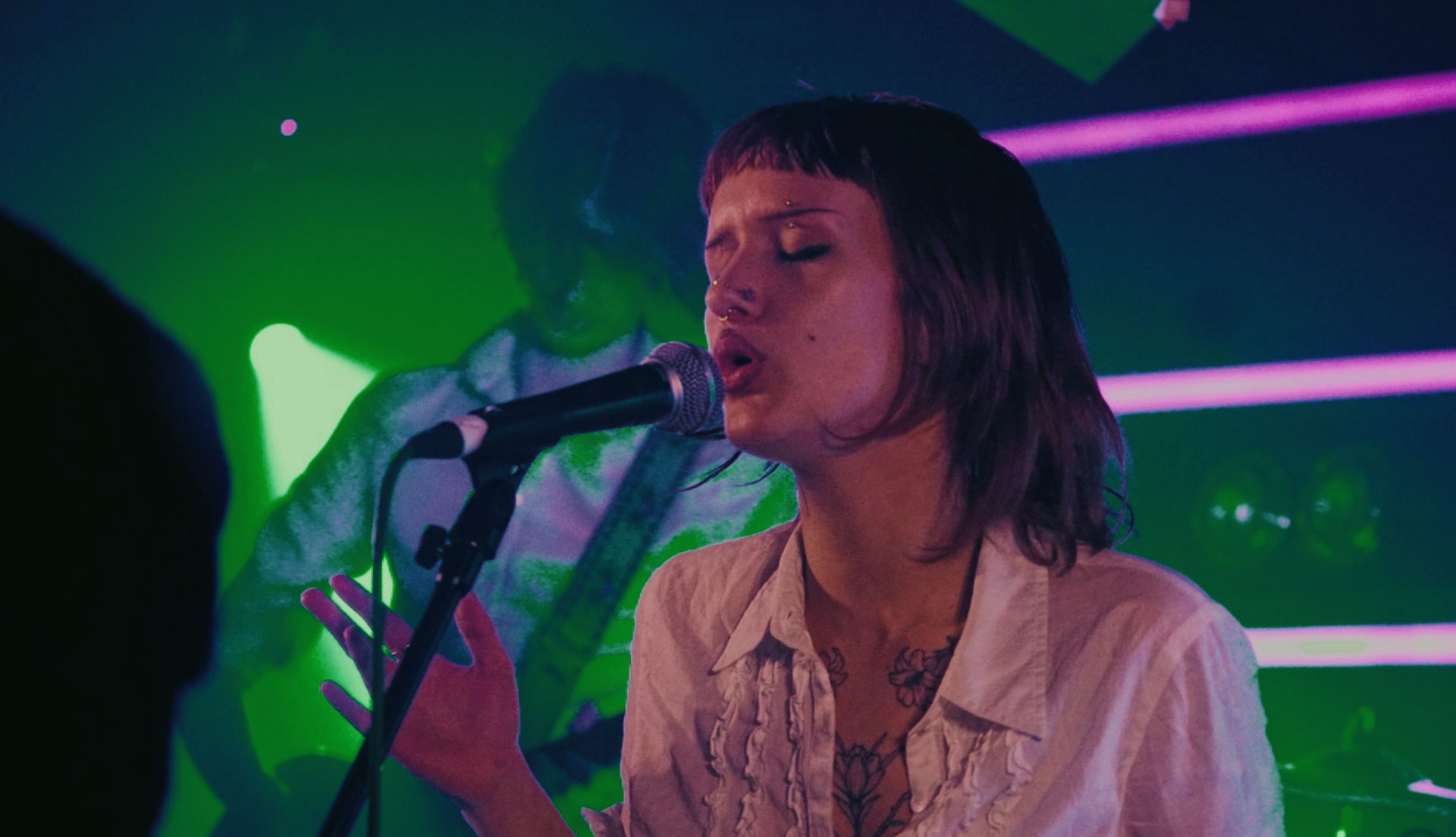On The Beach Wed / 23 July 2025 16:30–22:00 / www.onthebeachbrighton.com
THE HUMAN LEAGUE need little introduction. As pioneers of the 1980s synth-pop revolution, their bold stage presence, distinctive style and endless catchy songs have secured their place in music history. With a career spanning more than four decades, they remain as iconic and relevant as ever. Ahead of their headline set at this year’s On The Beach festival in Brighton, we caught up with frontman Philip Oakey to talk legacy, style and what fans can expect from their seaside show this month.
Take us back to the beginning: how did you meet and what inspired you to become a group? At the tail end of the 70s, I was working in a hospital, while two school friends of mine had
got into computing. They got involved in a theatre group and, through someone they met there, got the idea to start a music project. They initially formed a band with a different singer, but things didn’t work out. Eventually, they asked me to join mainly, I think, because I was tall! It was an exciting moment. Punk was everywhere, but we were doing something completely different: synth-based music, which felt very fresh and futuristic.
How did you come up with the name? When I joined, the band was called The Future, which felt a bit over the top, even for us. We were throwing around new name ideas when someone brought in a sci-fi board game called StarForce. One of the teams in it was called The Human League. At that moment, a friend stuck his head round the door and said, “You should call yourselves that!” Somehow, the name stuck. I can’t say I’ve ever loved it, but it certainly had impact.
‘Don’t You Want Me’ is arguably your most iconic track and also one of the first mainstream pop hits to feature a clear male and female narrative. How conscious were you at the time of breaking ground with that dual perspective? We decided to share the lead vocals on ‘Don’t You Want Me’ because we had two brilliant women in the group and it just made sense with the storyline. That dual perspective gave it something distinctive. We always admired bands like Fleetwood Mac, they had a real sense of gender balance and we liked the idea of bringing that dynamic into synth-pop.
What is your favourite track to perform and why? ‘Seconds’, from the Dare album, is one of my favourites to play live. We realised it’s the same tempo as ‘The Lebanon’, so we started using it to lead into that song and it just worked. It’s quite dramatic, very synth-heavy, and different from a lot of our other material. Sometimes we even open with it at festivals; it always makes an impression.
Your asymmetrical haircut, half long, half short was striking in the 1980s and instantly recognisable at the height of your fame. Looking back, do you think that bold style choice helped heighten the group’s visual presence and cultural impact? Yes, absolutely, the haircut was intentional. I’d noticed that many of the artists I admired had strong visual identities: Bowie, Bolan, even Rod Stewart. I wanted something that made us instantly recognisable. Visual style has always mattered to me. I wanted people to see the sleeve and know immediately who the record was by.
Did you ever imagine you’d still be performing more than four decades after The Human League began? And what do you think it is about the music and the spirit of the 1980s that people still connect with so strongly today? Honestly, we never thought that far ahead. We always assumed it could all fall apart at any moment! But we hit on something new – synthesizers, mixed-gender vocals, a bit of disco, and people really connected with it. That energy and innovation from the early 80s still resonates.
Was there a moment in your career that made you feel like you’d made it? Playing the Hollywood Bowl in Los Angeles, twice, to sold-out crowds on Saturday nights was surreal. We’d always hoped we’d do well in the UK, but suddenly we were headlining shows in the US, Australia, Europe. That global connection really made us realise how far the music had travelled.
Did you hang out with any other famous 1980s stars back in the day and who were your idols during that era? Not so much back then. It was probably too competitive to mix much with other artists! These days we see a lot more of them on the retro festival circuit: Bananarama, Kim Wilde, Belinda Carlisle, Paul Young, ABC… It’s a friendly crowd now, which is lovely. As for idols, I was always drawn to artists who did things a bit differently visually and musically.
You’ve influenced so many artists, if a new generation of musicians takes something from your work, what do you hope it is? It’s always a thrill when someone says we’ve influenced them.
I remember hearing that even Madonna mentioned us early on, after seeing us at the Danceteria in New York. If there’s one thing I hope people take from what we did, it’s this: you don’t need to be radically different, just 1% or 2% can be enough to stand out. That’s where originality begins.
You have a time machine, what date is it set to and where are you going? I’d set it a thousand years into the future. Right now, it feels like we’re going backwards in some ways, so I’d like to believe that by then humanity might finally have become civilised. Or at least kinder.
What can fans expect from your set at On The Beach this year? We’re going to take fans on a journey through our full catalogue – the hits, the deep cuts, the lot. But, ultimately, we’ll be playing the songs people really want to hear. We always love playing in Brighton, the energy is fantastic. You’ll find us onstage with huge smiles, ready to have the best time.




